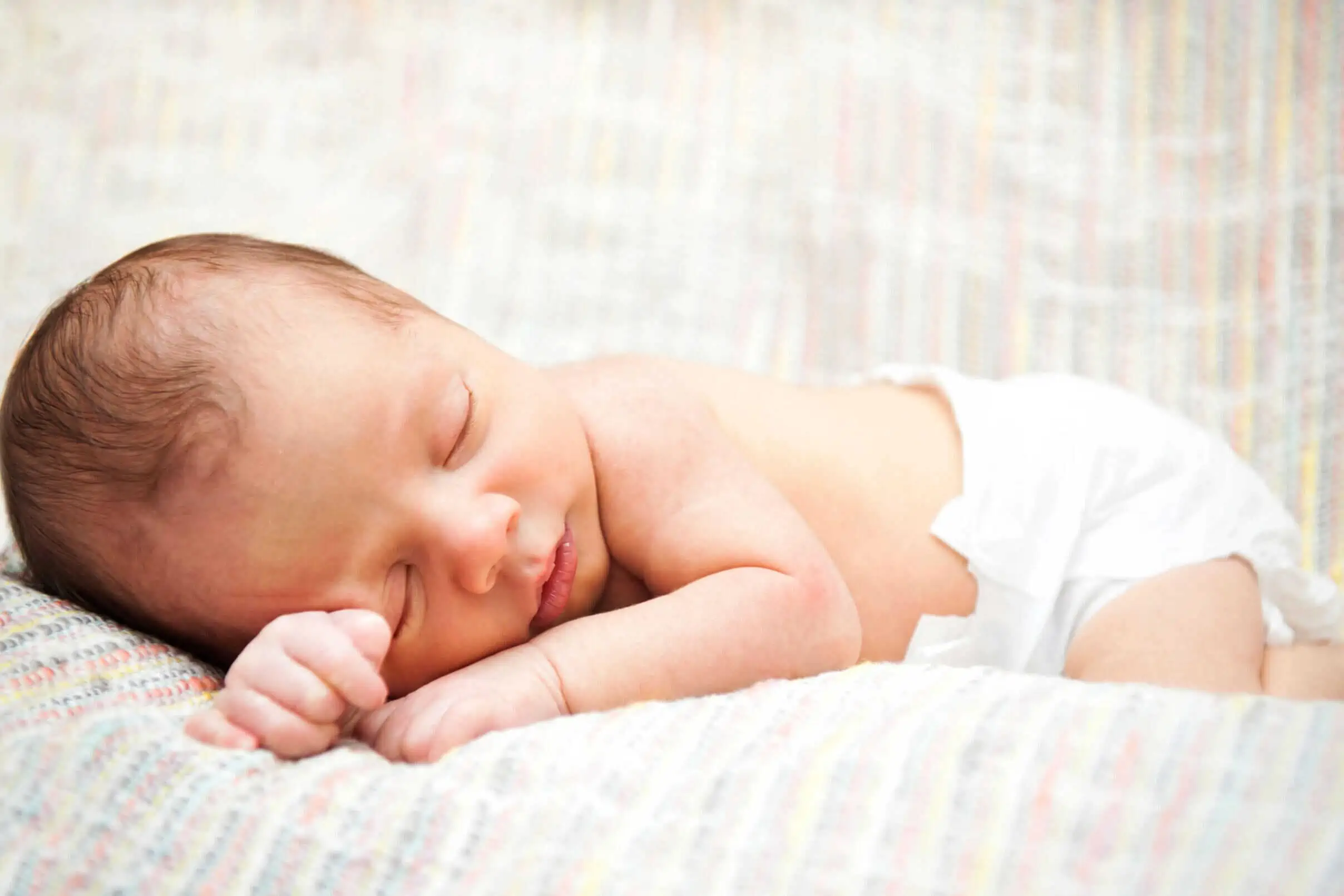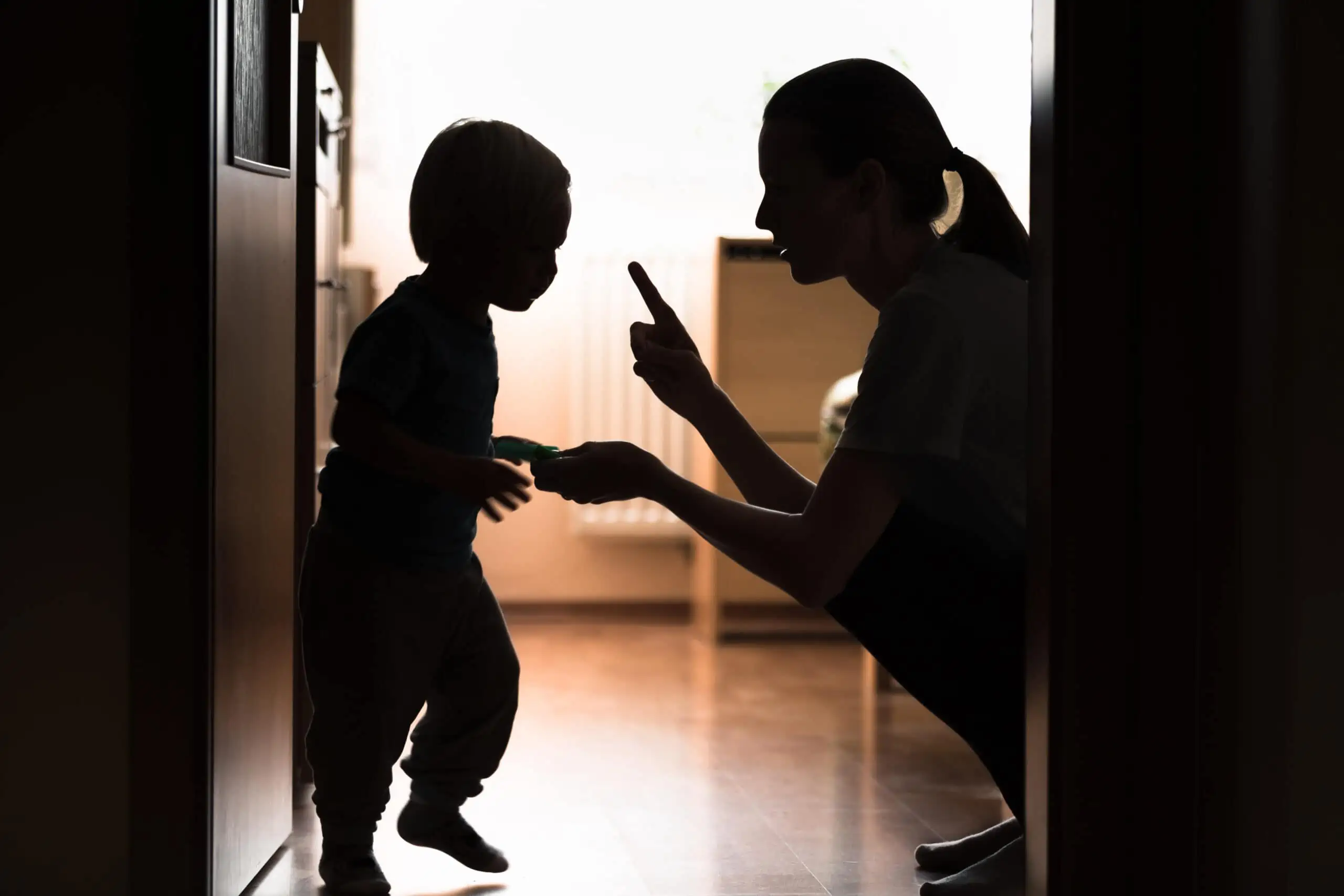The moment I gave birth to my first son was life-changing. I was in a love bubble that had never really popped and I was in awe of him (I still am). About ten to fifteen seconds after giving birth, I was buried in advice, suggestions, and information. This was all thrown at me with the best intentions but as a new Mother, I did not know how to filter this information or if I even needed to listen. I am a pretty stubborn person and I wanted to experience and learn everything for myself. I also wanted to do everything right for my son.
The feelings of love and awe persist to this day and so do all the opinions from everyone, despite the fact that I have now studied children and sleep and have had another child. I can only imagine the amount of hints and advice that must overwhelm a new Mother who openly asks for it.
Being a Mum is a full-time gig. Whether you are a stay-at-home Mum, a working Mum or something in between, your kids are on your mind 24/7. We tend to do a lot of research and with access to unlimited information on the internet and well-intended grandparents, sisters, and friends, it’s inevitable that we get some conflicting information.
So, I want to focus on my area of expertise (sleep) and try to debunk some of the myths I’ve heard since becoming a Mum and a sleep consultant.
1. Sleeping too much during the day will keep the baby up at night
Not likely, except in extreme cases. Unless your baby is sleeping practically all day and up all night, you probably don’t need to concern yourself with the length of their naps. Newborns need a lot of sleep. Up until about 6 months, I don’t actually recommend that your baby be awake for more than about 2 hours at a time. For newborns, they usually can only last about 45 minutes of awake time.
What keeps babies awake at night, more than anything else, is overtiredness. It makes sense to think that an exhausted baby is more likely to crash and sleep all night than one who sleeps all day, but it’s just the opposite. The reason we refer to it as being “overtired” is because the baby has missed the “tired” phase and their bodies start to kick back into gear. They get a “second wind” which keeps them from falling and staying asleep.
There are variations depending on the baby’s age and the length of their naps, but up to the 6-month mark, it’s really not unusual for a baby to be taking 5 hours’ worth of naps during the day, so let your baby snooze the days away.
2. Sleeping is a natural development and can’t be taught
Sleeping is natural. We all wake up and fall back to sleep multiple times a night, regardless of our age and we don’t usually even remember this is happening. You definitely can’t teach a child to be sleepy but we can teach them to fall back to sleep independently.
The typical “bad sleeper” of a baby does not need less sleep than other babies (keeping in mind all babies are different and sleep needs may vary slightly) and they are not just “night owls”. These babies have just learned to depend on something external to get back to sleep when they wake up (usually feeding or rocking). Once your baby has figured out how to get to sleep without external assistance, they start linking those sleep cycles together. This is the secret to “sleeping through the night” as most parents put it.
3. Babies will naturally dictate their own sleep schedule
The idea that infant physiology is so flawlessly, naturally programmed to regulate a baby’s schedule is pretty far-fetched, to be honest. Our babies are certainly very cute, but they are not unlike a potato when they are first born, so to think they have the skills to regulate and dictate a schedule is a bit unrealistic.
Our babies need extensive care and assistance in their development and their sleep cycles can be completely erratic if left unregulated. If they miss their natural sleep cycle by as little as half an hour, their cortisol production can increase which causes a surge in energy (again a “second wind’). So, as much as I wish babies could just go to sleep when they’re tired, it simply doesn’t work that way. You should still watch for tired cues and respond accordingly but sometimes waiting for their “sleep cues” is a few minutes too late to get them to sleep. You can put a happy baby to bed!
4. Sleep training is traumatic for the baby and can affect the parent-child attachment
The American Academy of Pediatrics is one of the most reliable sources of baby health information (Sorry Facebook/Instagram/Mum Forums). According to a 2016 study conducted by eight of their top researchers, behavioural intervention (A.K.A sleep training) “provides significant sleep benefits and no adverse stress responses or long-term effects on parent-child attachment or child emotions and behaviour.”
Sleep training is not for everyone and like politics or religion, some people have some pretty big opinions on this. But we will need another blog just for that topic.
5. Babies are not “designed” to sleep through the night
Even if babies were “designed”, whoever did the designing left plenty of room for some upgrades. I would have asked my “baby designer” to make sure my children look just a little bit like me, not JUST my husband. I also would have asked them to design them to be great eaters (my toddler would exclusively eat chocolate scotch fingers if it were up to him).
Trusting your child’s physiology to dictate their sleep schedule, their eating habits, their behaviour, or just about any other aspect of their upbringing is a recipe for disaster.
Is your toddler designed to eat 400 chocolate scotch fingers? No. Will they if you don’t intervene? Mine totally would, possibly 800 if he was left to it. Is your baby designed to avoid predators? Again no, we must teach them that if a Tiger came into the backyard, it would be best to not go near it.
Our children need our expertise and authority to guide them through their early years (or like my Mum says into their 40’s and beyond). This is especially true when it comes to their sleep. Some babies are naturally gifted sleepers, for sure, but don’t rely on the advice of those who tell you that babies should dictate their schedules. You’re in charge because your know your child the best and it is your role as their parent to teach them that tigers are dangerous and to link their sleep cycles.
There are plenty more myths and misconceptions surrounding babies and sleep, but these are just a few that I wanted to deflate.
Remember, there are endless posts on social media and websites that seem factual or sound legitimate and it may be inaccurate. Google scholar is a great place to find peer-reviewed scientific studies/evidence on all things baby-related. You can also access trusted sources like the American Academy of Pediatrics, RedNose Australia and the World Health Organization.
And if you want more information about the benefits of sleep, I’m always willing to have a chat about it. I am always reading, researching, and gathering up to date resources to ensure I can provide trusted information to my clients.
Related Posts
16 August 2023
4 Sleep Tips To Improve Your Baby’s Sleep
28 November 2023
The Role of Consequences in Parenting
25 September 2024
Checklist of issues that may be de-railing your toddler’s sleep
16 August 2023




